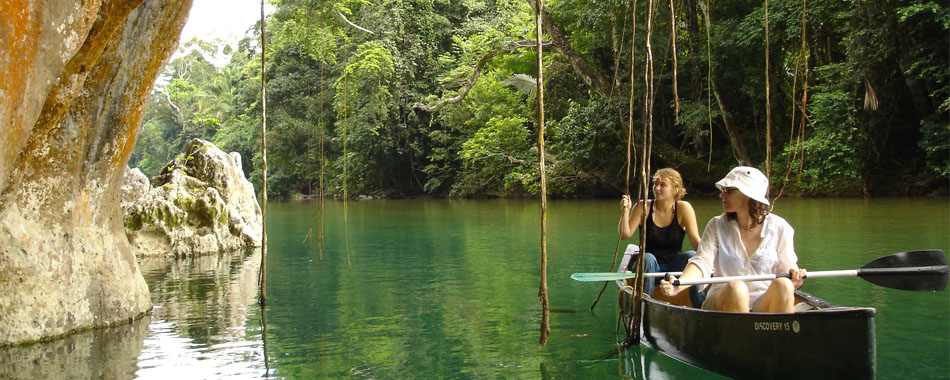Ecotourism
Ecotourism means engaging in tourism by visiting areas that are termed as pristine, protected and fragile. Ecotourism is done for different purposes among them fostering respect for other traditions, educating tourists and to benefit local communities economically (Garana, 2008). The primary benefits of ecotourism are the protection of flora and fauna, environmental conservation and improving the income of local communities.

One benefit of ecotourism is that it makes it possible for the tourist to get involved in the protection of flora and fauna. Since most ecotourism packages make it possible for the tourist to participate actively in the protection of plants and animals, it contributes to efforts aimed at preventing some species of plants and animals to become extinct.
Additionally, ecotourism makes it possible for the tourist to get involved in environmental conservation activities such as planting trees, making donations for a good cause, and collecting garbage (Badan, & Bhatt, 2005). The contribution of tourists on how tourism sites are preserved makes it possible to protect the environments from degradation.
The other benefit of ecotourism is that it is a source of livelihood for local communities. Ecotourism offers residents an opportunity to earn an income. For example, the fact that residents help tourists as tour guides makes them be paid and hence generate an income that makes them improve their livelihoods. Moreover, some tourists even decide to pay residents and stay with them instead of living in hotel rooms and hence augmenting the resident’s income incomes (Garana, 2008).
In conclusion, the growing interest in ecotourism has brought about many benefits. The benefits include the protection of flora and fauna, protecting the environment and contributing to the bettering on local communities economically by offering them income generating opportunities.
